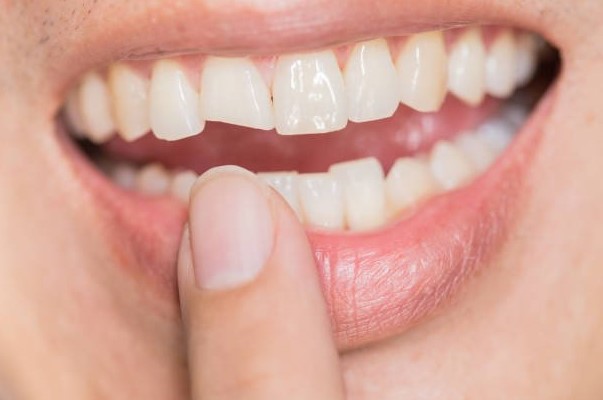
Dealing with a Broken Molar: Causes and Dental Solutions is a comprehensive guide that explores the various reasons behind the occurrence of a broken molar and the dental solutions available to address this issue. It delves into the common causes such as tooth decay, grinding, biting hard food, or trauma, and discusses the potential complications if left untreated. The guide also provides an overview of the various dental solutions, from fillings and crowns to root canals and dental implants, offering readers a thorough understanding of the treatment options available for a broken molar.
Understanding a Broken Molar: Causes and Effective Dental Solutions
A broken molar is a common dental issue that can cause significant discomfort and potentially lead to more serious oral health problems if left untreated. Understanding the causes of a broken molar and the effective dental solutions available is crucial in managing this condition and maintaining overall oral health.
A molar can break due to a variety of reasons. One of the most common causes is tooth decay. When a tooth decays, it weakens and becomes more susceptible to breakage. This is often the result of poor oral hygiene, such as not brushing or flossing regularly, which allows plaque to build up and erode the tooth’s enamel. Over time, this can lead to cavities and, eventually, a broken molar.
Another common cause of a broken molar is physical trauma. This can occur from a fall, a sports injury, or even biting down on a hard piece of food. In these cases, the force exerted on the tooth is greater than it can withstand, causing it to break. Additionally, teeth grinding, also known as bruxism, can also lead to a broken molar. The constant pressure and friction from grinding can wear down and weaken the tooth, making it more prone to breakage.
Regardless of the cause, a broken molar should be addressed promptly to prevent further complications. If left untreated, it can lead to severe pain, infection, and even tooth loss. Fortunately, there are several effective dental solutions available.
One of the most common treatments for a broken molar is a dental crown. A crown is a tooth-shaped cap that is placed over the broken tooth to restore its shape, size, strength, and appearance. It is typically made of porcelain or metal and is designed to withstand the forces of chewing and biting. This treatment not only alleviates pain and discomfort but also protects the tooth from further damage.
In cases where the breakage has reached the tooth’s pulp, which contains nerves and blood vessels, a root canal may be necessary. This procedure involves removing the damaged pulp, cleaning and disinfecting the inside of the tooth, and then filling and sealing it. A crown is often placed over the tooth after a root canal to provide additional protection and strength.
If the tooth is severely damaged and cannot be saved, extraction may be the only option. This involves removing the tooth entirely and, in most cases, replacing it with a dental implant or bridge to maintain the structure and function of the mouth.
In conclusion, a broken molar, while common, should not be taken lightly. Whether it’s caused by tooth decay, physical trauma, or teeth grinding, prompt treatment is essential to prevent further complications. Dental solutions such as crowns, root canals, and extractions can effectively address this issue and restore oral health. As always, maintaining good oral hygiene and regular dental check-ups can help prevent such problems in the first place.Dealing with a broken molar can be a painful and uncomfortable experience, often caused by factors such as tooth decay, biting on hard substances, or physical trauma. Dental solutions for a broken molar include dental fillings, crowns, root canal treatment, or in severe cases, tooth extraction. Regular dental check-ups and maintaining good oral hygiene can help prevent such issues. It’s crucial to consult a dental professional immediately if you suspect a broken molar to prevent further complications.